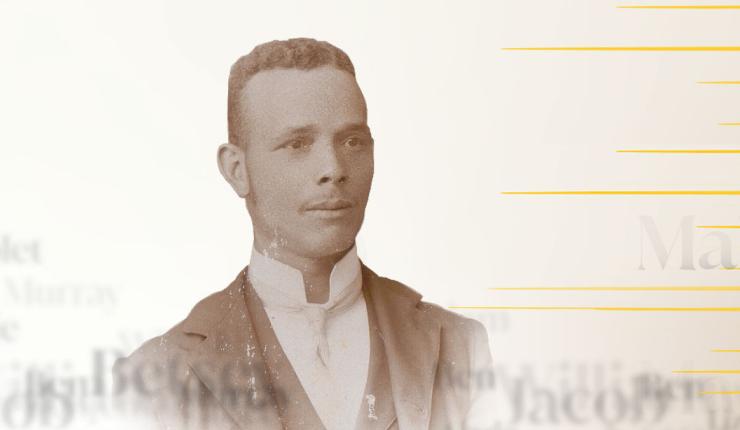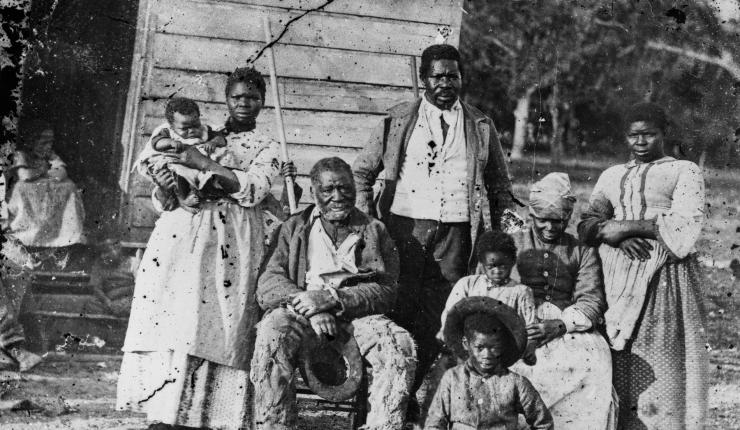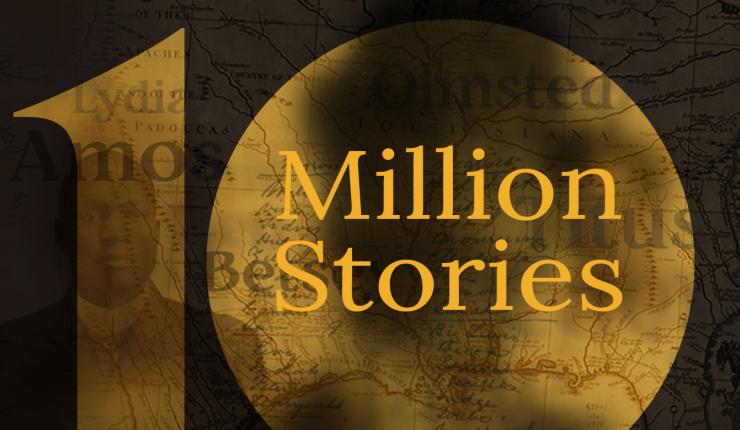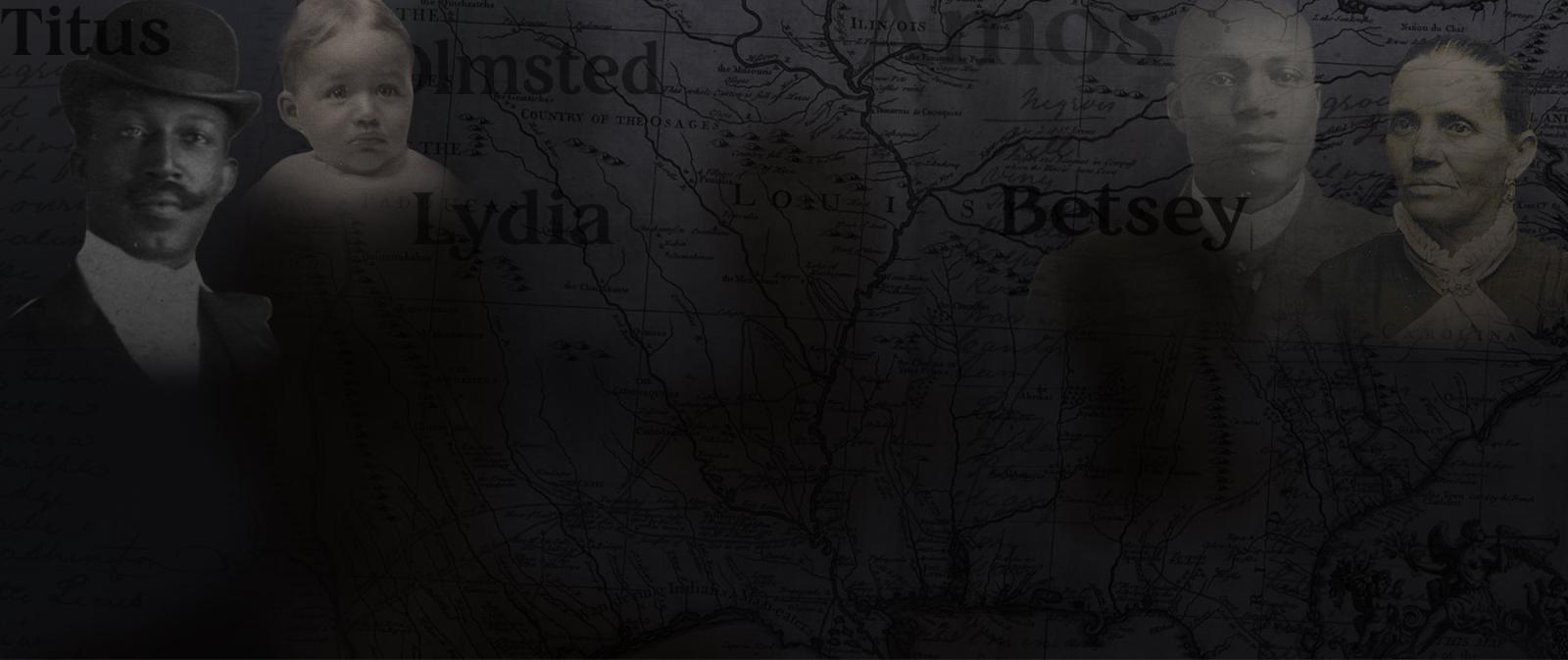
As Featured on
Why Is this Project Important?
People want to know where they came from. Knowing the names, origins, and life stories of one’s ancestors can be life-changing.
Click the play button on the left to watch a video presentation about the 10 Million Names Project and the impact that this research will have on African American family history.
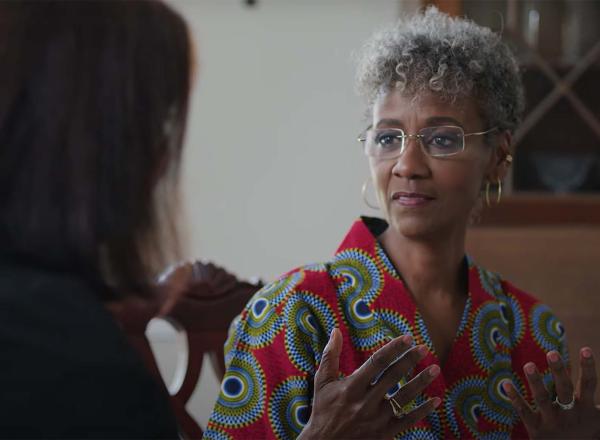
Henry Louis Gates, Jr.
Henry Louis Gates, Jr., host of the popular PBS series Finding Your Roots, and a member of the 10 Million Names Advisory Board, discusses the impact and importance of the project.
Gates has produced and hosted an array of documentary films. The Black Church (PBS) and Frederick Douglass: In Five Speeches (HBO), which he executive produced, each received Emmy nominations. His latest history series for PBS is Making Black America: Through the Grapevine. Finding Your Roots, Gates’s groundbreaking genealogy and genetics series, has completed its ninth season on PBS and will return for a tenth season in 2024.
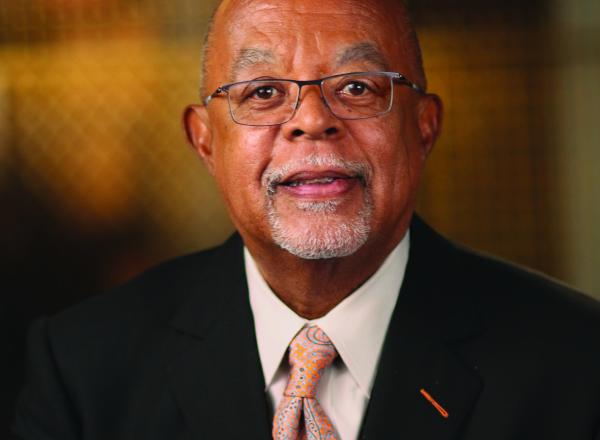
Genealogists tracked down a descendant of Elizabeth Freeman, whose freedom case helped end slavery in Massachusetts
Lisa Shepperson fluttered her eyelashes to stop her tears as she stood at the faded tombstone of Elizabeth Freeman on Monday morning. She patted the centuries-old tablet with her manicured hand, as if comforting a longtime friend.
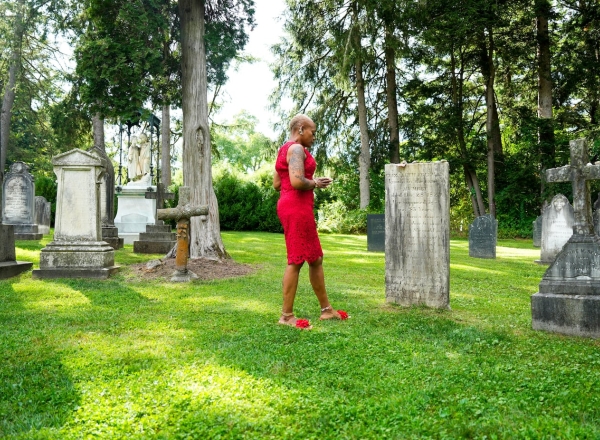
Check out our newest resource!
Free Online Course: Getting Started in African American Family History Research
Our expert genealogists have prepared a series of lectures and activities which will guide you through your first steps in discovering your family history.

